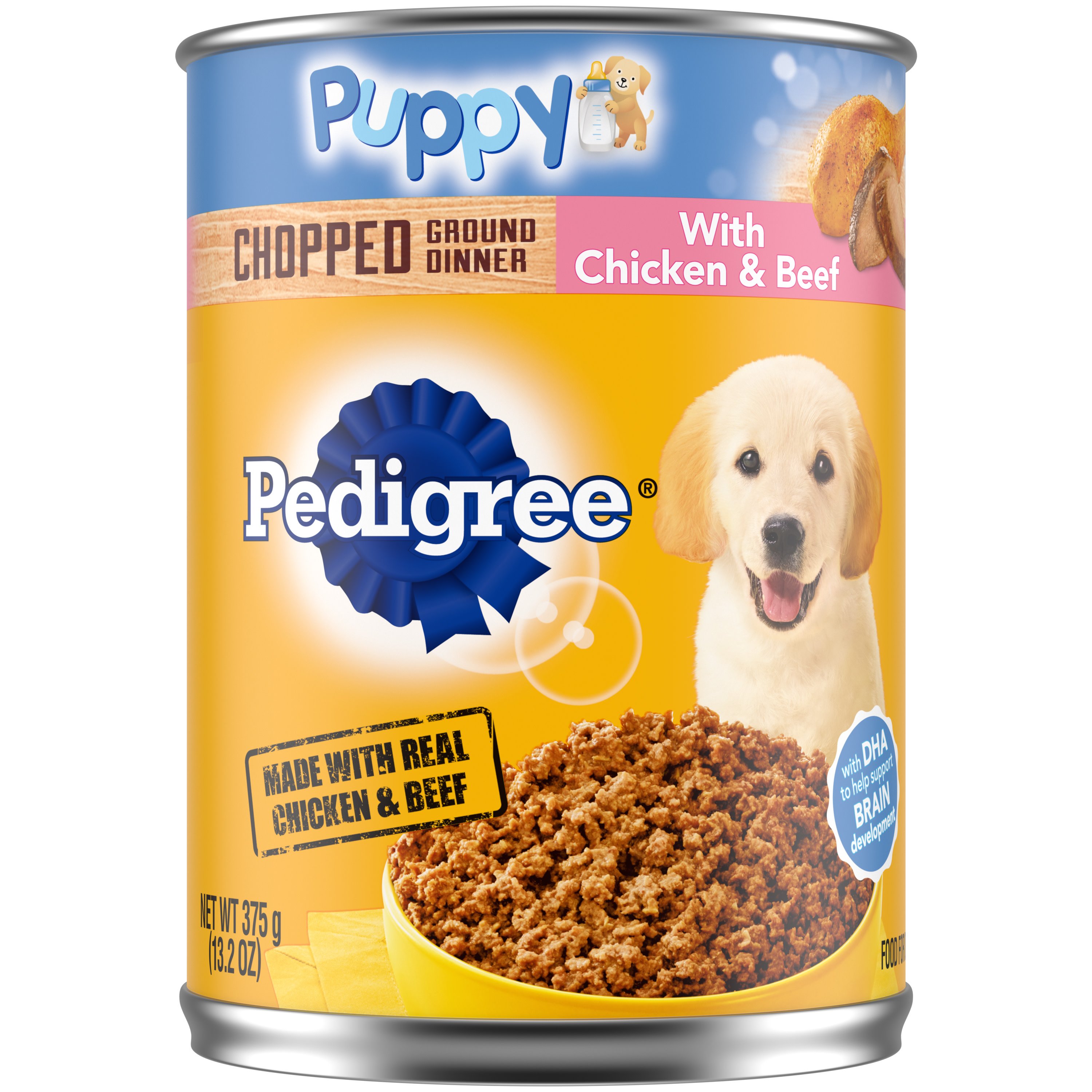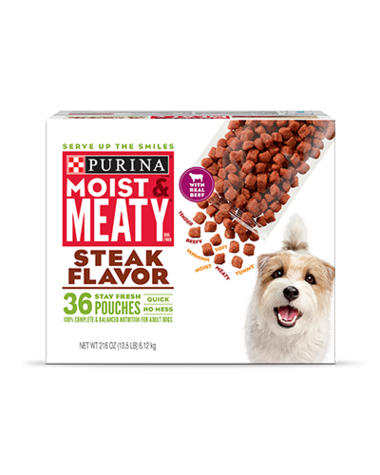
A dog that requires less space is best if you live alone. A Basenji, or herding dog would be a poor choice for an apartment. These dogs require mental stimulation and regular physical activity. These dogs should be kept in a secure place. You might also consider Chihuahuas and Bichon Frises.
Basenji
Basenji is an excellent apartment dog because it is one of few breeds that does not bark. Apartment dwellers will be happy to hear that the Basenji doesn't bark. This is especially important if your apartment is in an apartment building. The Basenji can bark at a lower volume than other dogs, but it can still make other sounds. Although it is suitable for apartments, be aware that apartment owners might not allow their pets to live in their homes. This might be a problem for you.
One major issue with living in an apartment is the space. Apartments are often smaller than houses. However, they are easier and less expensive to maintain. Basenjis should be kept on a lead and exercise regularly. In addition, make sure you keep your Basenji clean and tidy. You will need to maintain your apartment clean and free from unpleasant odors.
Cavalier King Charles Spaniel
Cavalier is named after its royal ancestors and revived in the aftermath of World War II. Roswell Eldridge was an American fancier who went to England in the 1920s and bought two spaniels. However, he discovered that the types varied greatly. He decided to offer a prize of 25 pounds for the best male and female of "old type." The prize incentive spurred breeders to begin improving their stock.

While it may seem surprising, the Cavalier King Charles Spaniel is an ideal choice for apartment living. This dog breed is known to be a good-natured and easy to train. The Cavalier King Charles Spaniel, despite being small, is a happy and healthy dog that can enjoy a good deal of play with other dogs and people. The Cavalier King Charles Spaniel is a small, cute dog that will fit perfectly in a studio apartment.
Bichon Frise
If you're living in an apartment, you may be wondering what dog breeds are best suited for this environment. Bichon Frises are a great choice due to their size and weight. They are less than 1 foot tall and easy to train. They are social creatures and enjoy interacting with others. They're great companions for guests and are hypoallergenic, making them great for apartments.
Bichon Frises are happy and small dogs that have a friendly temperament. It is ideal for small apartments. It's easy to train, and doesn't require much space or a large yard. It is also very easy to train and sheds little making it a perfect apartment dog. However, it's important to keep in mind that they do tend to have high levels of energy and require lots of time for bonding with their owners.
Chihuahua
Chihuahuas can be a great pet. This small breed is perfect for apartment life. Chihuahuas are energetic and will need daily walks and exercise. Despite their small size, they can be vocal and alert if they notice a stranger. Chinese cresteds make great apartment pets. They are a small, energetic breed that is excellent at running and have a moderate energy level.
Most apartment dwellers do not have the time to exercise high-energy breeds of dogs. Natural breeds that are well-suited to apartments make the best pets. A majority of apartment dogs can walk between 20 and 30 minutes to the beach or to the park every day. They will then spend their time indoors. Because small dogs don't hold their bladders for as long as larger breeds, it can be hard to take them outside.
Papillon

The Papillon can be described as a small, soft-coated, gentle breed. They are known for their easygoing personality and ability of pleasing their owners. This dog is playful and energetic, but can also be a good watchdog. It is a good companion for apartment life, but may need frequent exercise. This breed requires daily brushing and a fluffy coat. It is not recommended for people who are unable to care for a pet.
Another benefit of the Papillon? It is easy to teach it how to use an indoor toilet, which is great for apartment living. This will keep your apartment floors clean and prevent your pet's messes. It is important that you remember that not all small dog breeds respond well to potty-training, but the Papillon does have a strong training record.
Doberman
Doberman pinschers make excellent apartment dogs. They are intelligent and highly trained. They can quickly adapt to a new environment and learn how to behave. They are clean and tidy dogs that don't shed often. Many people only look at their size when they are thinking about adopting a dog, but the Doberman has many other attributes that make it the perfect apartment dog.
Despite their small size, Dobermans are incredibly active dogs. They can run up to 40 MPH and are not easily tired. They don't chew on furniture so they make a great choice for apartments.
FAQ
What is the best pet?
The best pet you can have is the one you love. There is no right answer here. Everyone has a different opinion on what pet is best.
Some people believe that cats are better than dogs. Others argue that dogs are more loyal to their owners and more affectionate. Others disagree and argue that birds make the most wonderful pet.
No matter which type of pet you decide on, you have to choose what type of personality you want.
If you are outgoing and friendly, a dog may be right for you. A cat might be the best option for you if your personality is reserved and shy.
Also, take into account the size your house or apartment. A small apartment means that you'll need a smaller pet. You'll need more space if you have a larger home.
Finally, remember that pets require lots of attention. They require regular food. They should be taken on walks. And they need to be brushed and cleaned.
Knowing all these details will allow you to choose the best pet possible.
What kind of food should my dog eat?
Your dog needs to be fed a healthy diet.
High-protein foods include chicken, beef and fish as well as eggs and dairy products.
Other foods high in carbohydrates include vegetables, fruits, breads, cereals pasta, rice, potatoes and beans.
Low-fat foods include lean meats and poultry, fish, whole grains, seeds, and nuts.
Before giving your dog any new foods, consult your veterinarian.
What should I consider before getting an exotic pet?
You should consider several factors before buying an exotic pet. The first thing you need to do is decide whether you want to keep the animal as a pet or if you want to sell it for money. If you are keeping the animal as your pet, ensure that you have enough space. You should also know how much you plan to spend on the animal's care. It is not easy to care for an animal. However, they provide great companionship.
If you are looking to sell your animal, you will need to find someone willing to buy it. You should ensure that the person who buys your animal is knowledgeable about how to care for animals. Don't give your animal too much food. This could lead to health problems down the line.
If you are considering exotic pets, you should ensure that you thoroughly research them. Many websites provide information about various types of pets. Be careful not to fall into any scams.
How To Make Your Pet Happy?
Pet owners often wonder how they can make their pets happy. Many pet owners buy treats, toys, and even clothes. But this might not always work because some pets don't like certain things. Some dogs can't stand sweaters.
It is important to find out why your pet doesn’t like something before you purchase it. You might find that your pet likes different types of food than you. Or maybe he hates wearing shoes.
Another tip: Play with your pet. You can also use a ball and a frisbee. It can be thrown around the room. Or, you can throw it up in the air for him to chase. This makes you both laugh. It's fun and relaxing too.
Another good idea is to give your pet a bath once every week or two. It helps remove any dead skin cells. It keeps him smelling fresh.
It's also important to keep your pet healthy. You should not let your pet eat junk food. Give him high-quality, nutritious food. He should also get plenty of exercise. Go outside and take him to play fetch or for a walk.
Spending time with your pet is a great way to bond. Many pets will prefer to spend time with their owners, rather than being left alone.
And finally, remember to love your pet unconditionally. Never yell at him. Be patient with him. And never leave him alone.
Three things you should think about before getting a cat.
These are some questions you should ask yourself before buying a cat.
-
Are there any health issues in the cat?
-
Will the cat eat all my food?
-
Do I want a cat because I love cats, or do I just want a pet?
Which amount cats or dogs are easier to train?
The answer is both. It all depends upon how you approach training them.
If you give them treats for doing what they're supposed to do, they'll learn faster. However, if you ignore them and don't listen to them, they'll begin to ignore you.
So, there's no right or wrong answer. You have to decide what the best way is to teach your cat/dog.
How can you tell if your dog has fleas
Fleas can be detected if your pet is scratching its fur, licking too much, or appearing dull and untidy.
Flea infestations can also be detected if your pet shows any redness.
Your pet should be seen by a vet immediately for treatment.
Statistics
- It is estimated that the average cost per year of owning a cat or dog is about $1,000. (sspca.org)
- It's among a relatively few companies that provide policies with a full (100%) coverage option, meaning you are not responsible for any co-payment of bills. (money.com)
- Here's a sobering reality: when you add up vaccinations, health exams, heartworm medications, litter, collars and leashes, food, and grooming, you can expect a bill of at least $1,000 a year, according to SSPCA. (bustle.com)
- Pet insurance helps pay for your pet's medical care, with many policies covering up to 90 percent of your vet bills. (money.com)
- For example, if your policy has a 90% reimbursement rate and you've already met your deductible, your insurer would pay you 90% of the amount you paid the vet, as long as you're still below the coverage limits of your policy. (usnews.com)
External Links
How To
How to choose the best name for your pet
Name selection is one of most important decisions when you adopt a pet. Names should reflect the personality and character of your pet.
It is important to consider how other people might refer to you - for instance, if they are going to be called by their name in conversation. You should also consider how you would like to be called. Are you more comfortable calling yourself "dog" or your "pet"?
These are some tips to get you started.
-
You should choose a name that suits your dog's breed. If you know the breed (e.g., Labradoodle), look up the names associated with that breed. Ask someone who has a deep understanding of dogs for suggestions on naming a dog after the breed.
-
Think about the meaning of the name. Some breeds have names that are based on people or places. Others are nicknames. Because he was always running, the name Rover was given to a Labrador Retriever.
-
Consider what you would like to be called. Do you prefer to be called "dog?" or "pet?" Are you more likely to call your dog "Puppy" than "Buddy?"
-
Make sure to include the owner's name. While it is sensible to name your dog after your last name, you don't have to limit your options to include names of family members. You may have your dog as a part of your extended family.
-
Keep in mind that many pets have multiple names. For example, a cat might go by several names depending on where she lives. While she may be called "Kitty Cat" at her home, she might go by "Molly" when visiting her friends. This is especially true when cats live outdoors. They may choose to name themselves after the environment in which they live.
-
Be creative There are no set rules. You just need to choose something that is unique and memorable.
-
You must ensure that the name you choose isn't already owned by another person or group. This will ensure that you don't accidentally steal another's identity.
-
Finally, remember that choosing a name for your pet isn't an exact science. Sometimes, it takes time for you to choose the right name. You can keep searching until you find your perfect match.